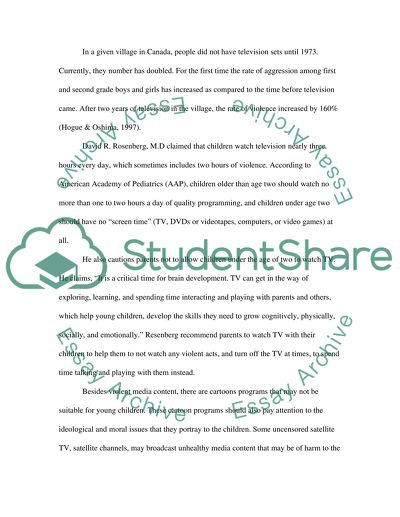Cite this document
(“Watching Television And People's Quality Of Life Case Study”, n.d.)
Watching Television And People's Quality Of Life Case Study. Retrieved from https://studentshare.org/sociology/1441060-tv-essay
Watching Television And People's Quality Of Life Case Study. Retrieved from https://studentshare.org/sociology/1441060-tv-essay
(Watching Television And People'S Quality Of Life Case Study)
Watching Television And People'S Quality Of Life Case Study. https://studentshare.org/sociology/1441060-tv-essay.
Watching Television And People'S Quality Of Life Case Study. https://studentshare.org/sociology/1441060-tv-essay.
“Watching Television And People'S Quality Of Life Case Study”, n.d. https://studentshare.org/sociology/1441060-tv-essay.


